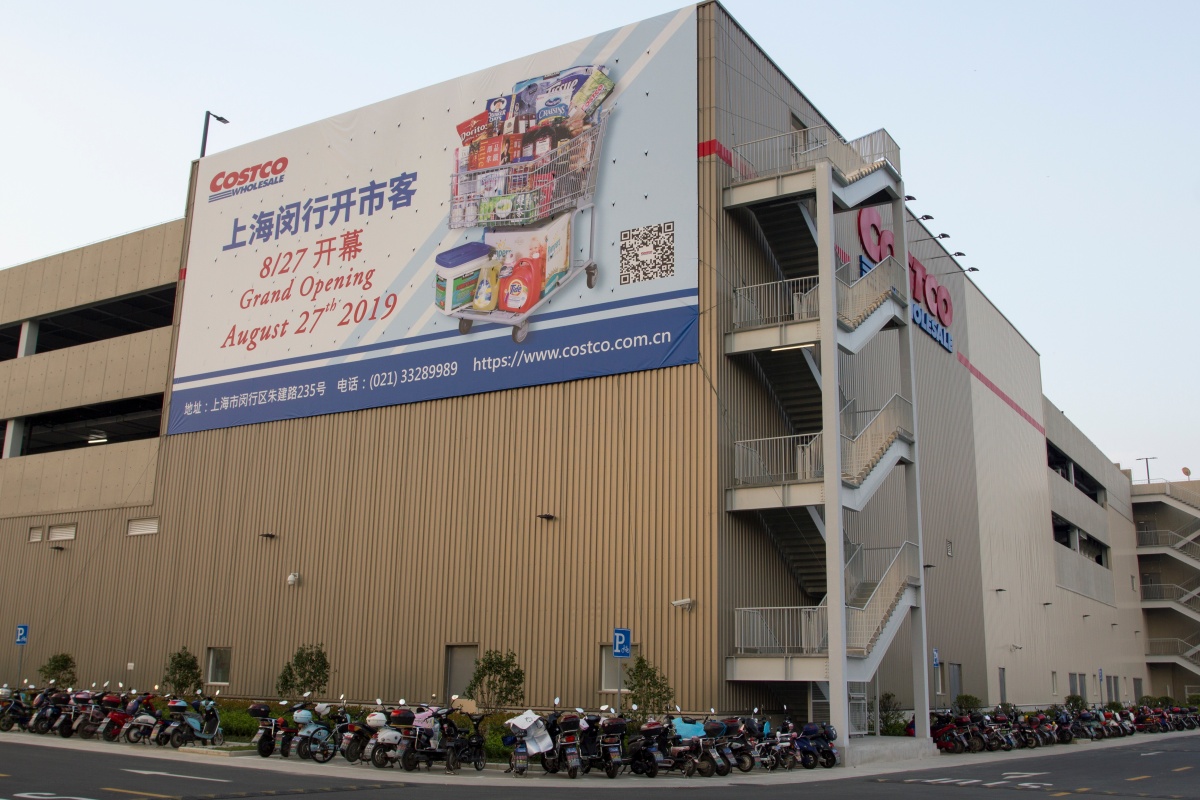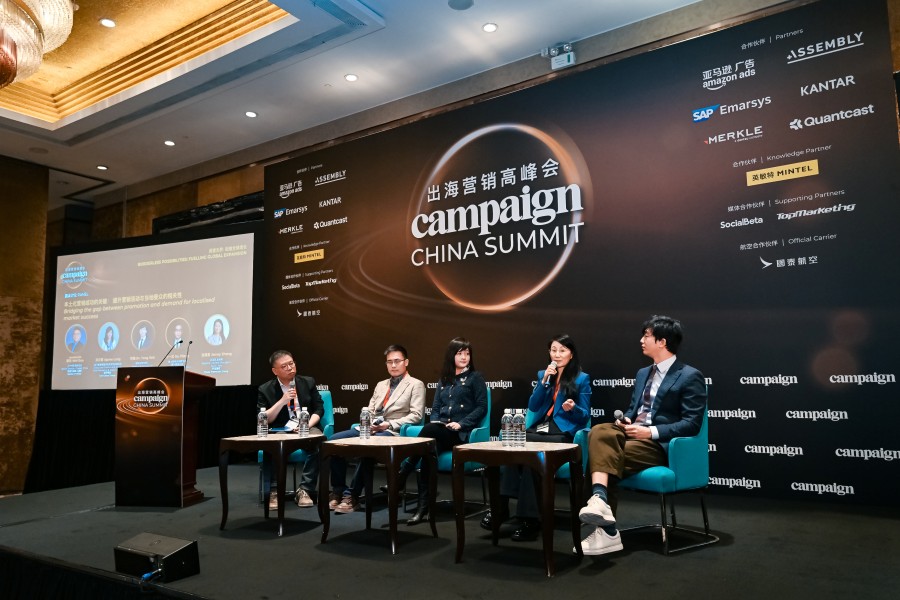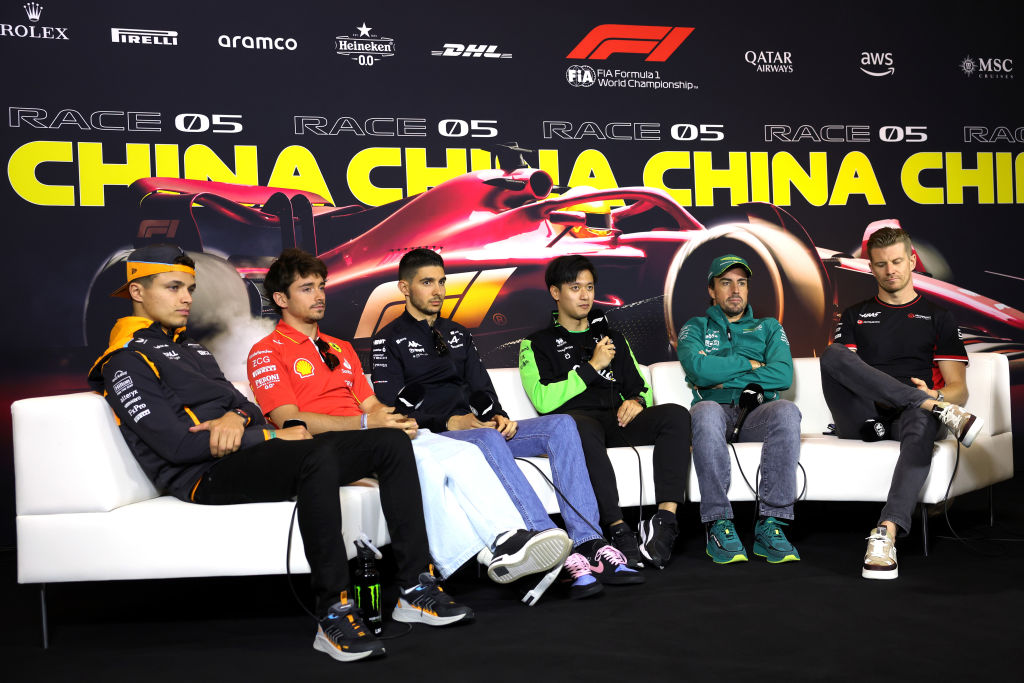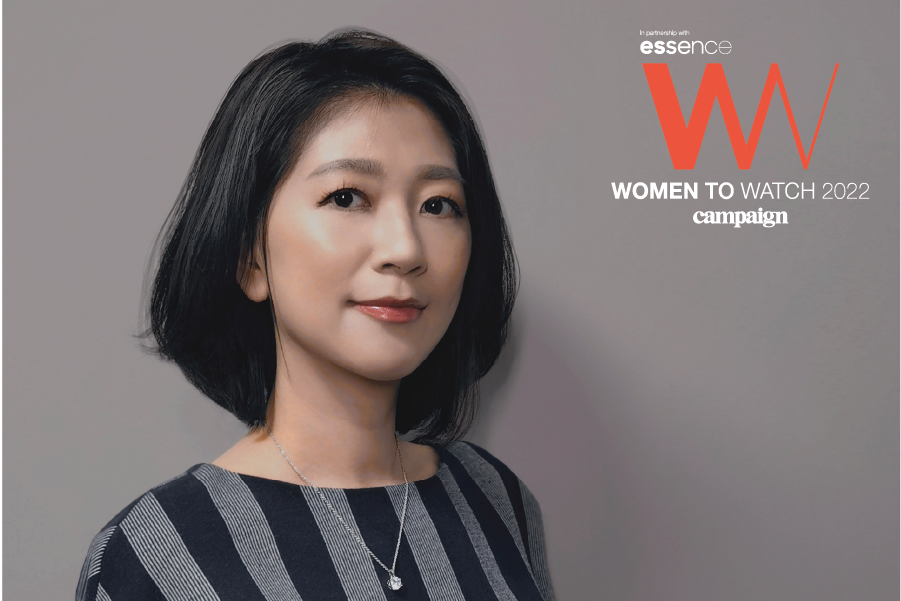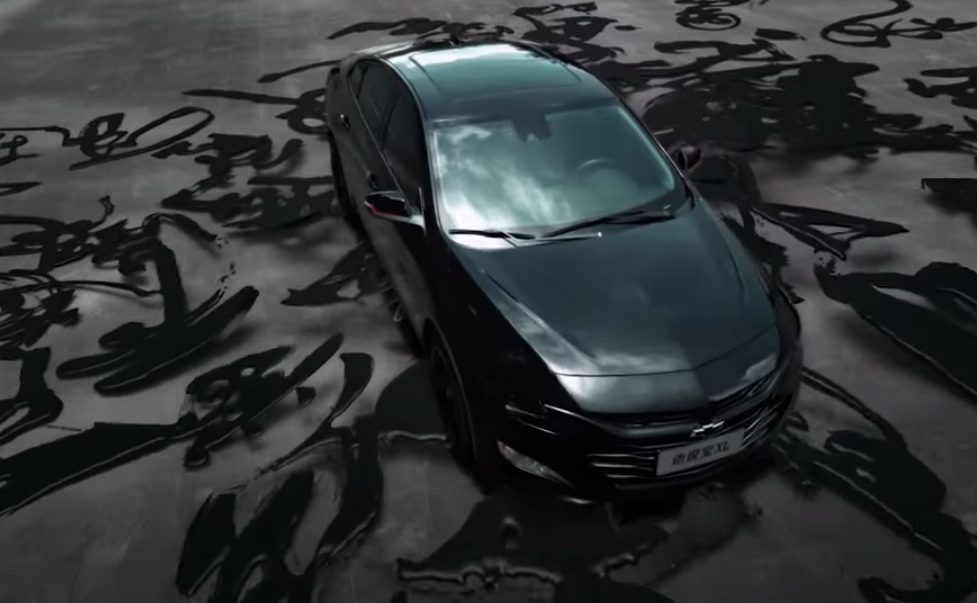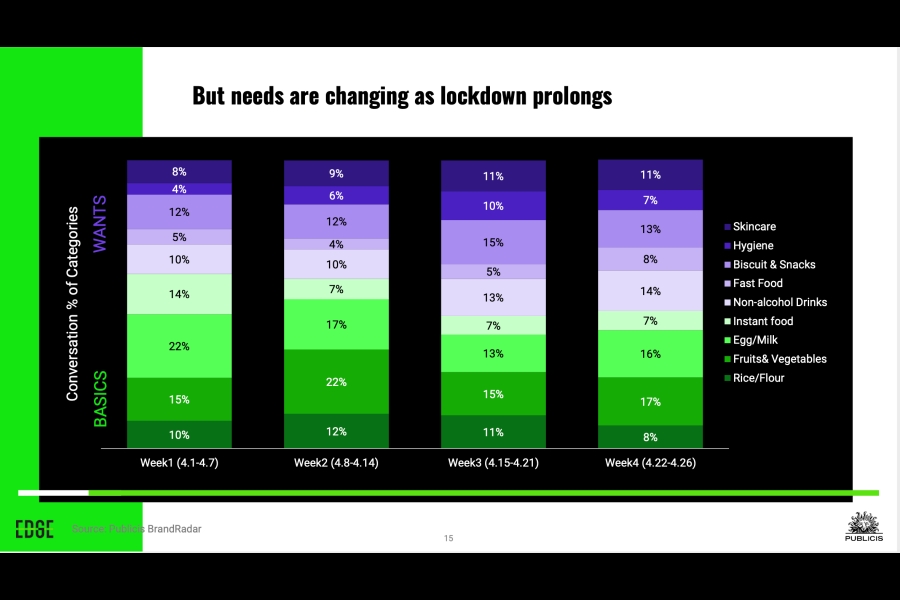Remember last week when the Shanghai opening of China's first Costco created such a consumer swarm that the store had to temporarily shut down? At the time, people asked how long the blowout would last, given the slowing economy and US-China trade war weighing on domestic consumption.
Now, we kind of have the answer: one week.
Now, instead of eagerly rushing into the store and fighting over discounted goods, consumers are lining up to return their membership cards. A Weibo hashtag, #costcoMembersReturningCards, has generated 250 million views and 11,000 discussions as of this morning. China magazine The People reported Monday that so many consumers were lining up to return their cards that “a staff member has no time to have lunch at 2 pm.”
What happened? A 31-year-old Shanghai resident surnamed Xie seemed to speak for many consumers when she said she is considering returning her membership card because “Costco goods are not attractive enough for me.”
“There are not many things you can buy," the woman told Campaign Asia-Pacific. "For example, there are 36 bread buns in a bag. For downtown residents surrounded by supermarkets and convenience stores, who need so many buns? [The supermarket] is too crowded. I perhaps will not go there again within several months.”
According to The People article, Costco price-hiking led many consumers to return their cards. The supermarket stopped offering some of the hot goods that made an impact at launch, such as Hermès’ Birkin bags and domestically famous Kweichow Moutai liquor, three days after its opening. Meanwhile, the price of a pack of two 1.89-liter Wei Chuan milks rose to RMB53.9 (US$7.50) from RMB32.9 (US$4.60), while the price of another domestically famous liquor, Wuliangye, went from RMB919 (US$128) to RMB1,069 (US$149), the magazine reported.
Relevant discussions on Weibo focus on whether consumers should return their cards after price hikes. Under the above hashtag, a user named '剁手剁脚的大路路' blamed consumers for a lack of contractual spirit. “Though they don’t violate rules [by returning membership cards], their behaviours are not decent," the user wrote. "That’s the reason why many foreign brands have sound after-sales and return policies in other markets than China.”
However, many commented that Costco screwed up its hunger marketing. “It’s normal [for consumers to return membership cards] and proves that your marketing plan has defects," wrote a Weibo user named '脾气暴躁的小骑士'. "You attract consumers to apply for membership cards with discounted goods and a promise to return cards. Since you have raised prices, consumers have the right to return cards according to your policy… Costco break the rules and consumers just follow it.”
Immediately after its blowout grand opening in Shanghai, Costco CFO Richard Galanti said the company is planning to open a second store in Shanghai, China Knowledge reported.

